Why Does My Cat Rub His Teeth on Me? Understanding This Feline Behavior
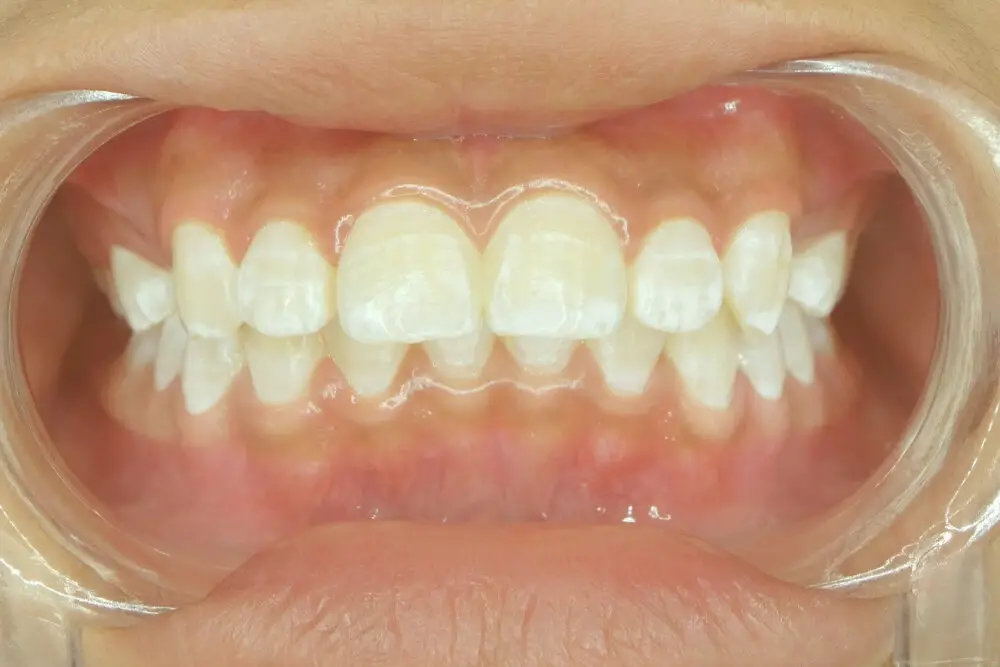
Cats are fascinating creatures, and their behavior can often leave us perplexed. One such behavior that many cat owners may have encountered is a cat rubbing its teeth on them. While it may seem unusual and even uncomfortable for some, this behavior is actually quite common, and it has a purpose. Understanding why your cat rubs its teeth on you can help you bond better with your furry friend and ensure that they are healthy and happy. When a cat rubs its teeth on you, it is often a sign of affection and trust. Cats have scent glands in their teeth, and by rubbing them on you, they are marking you with their scent. This behavior is a way for them to claim you as their own and to show other cats that you are under their protection. It also communicates a sense of comfort and security as they feel relaxed enough to expose their teeth, which can be a vulnerable position for them. However, there can be other reasons for this behavior, such as dental issues or stress, so it’s essential to observe your cat’s behavior and seek veterinary advice if necessary.
Cats are fascinating creatures with their unique behaviors, and one of them is rubbing their teeth or gums on their owners. This behavior is often seen as a sign of affection, but it can also be a way for cats to mark their territory and communicate their presence. When cats rub their teeth or gums on you, they leave their scent behind, which indicates that you belong to them. Moreover, rubbing teeth is also a way for cats to get rid of the excess plaque on their teeth or gums, which helps to keep their oral hygiene in check. Understanding this behavior can help cat owners to strengthen their bond with their furry friends and provide them with better care.
Understanding the behavior of our pets is crucial for building a strong bond with them. It enables us to decipher their needs, emotions, and thoughts. When it comes to cats, they are known for their unique behavior, which can be confusing for their owners at times. One such behavior is teeth rubbing, which may seem strange but is a way for cats to mark their territory. By understanding this behavior, we can respond appropriately and provide our feline friends with the love and care they deserve. It also helps us identify potential health issues and take necessary measures to prevent them. Overall, understanding cat behavior is essential for a healthy and happy relationship with our furry companions.
Territorial Marking
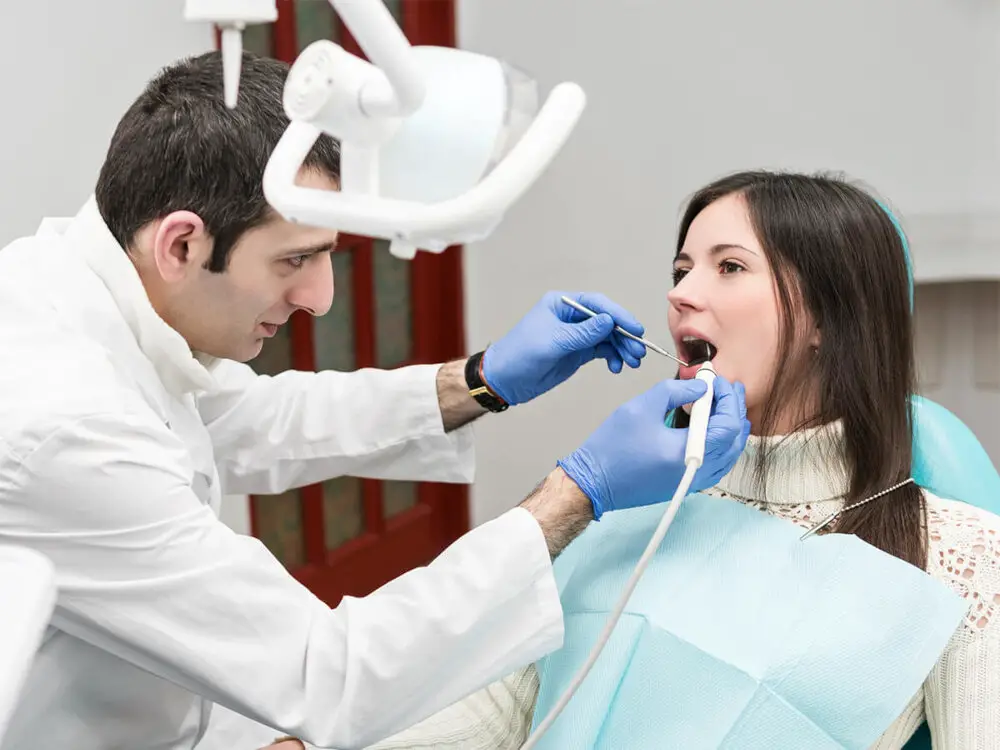
Territorial marking is a natural behavior that is exhibited by cats to establish their boundaries. This behavior is often seen in outdoor cats, but indoor cats may also engage in it. The most common way cats mark their territory is by spraying urine. This odor is strong and unpleasant, and it is a way for cats to communicate with other cats that the area is already claimed. Cats may also mark their territory by scratching furniture, trees, and other surfaces. This behavior leaves a visual mark that can be seen by other cats. In addition to spraying and scratching, cats may also rub their teeth on their owners as a form of territorial marking. This behavior is not as common as spraying or scratching, but it is still a way for cats to establish their boundaries. When a cat rubs their teeth on their owner, they are leaving behind their scent, which signals to other cats that the owner is already claimed. This behavior is often seen in cats that are very attached to their owners and want to mark them as their own. While it may seem strange, it is a natural behavior for cats, and it is nothing to be concerned about.
Territorial marking behavior is a natural instinct in cats that is used to establish their territory and communicate with other cats. This behavior is typically seen in male cats, but females can also exhibit it. Cats use different methods to mark their territory, including rubbing their cheeks, chin, and body against objects, scratching, and spraying urine. These actions release pheromones that signal to other cats that the area is claimed. Territorial marking is an important way for cats to establish boundaries and reduce conflict with other cats in the area. However, it can also be a source of frustration for owners who may not appreciate their cat scratching furniture or spraying in the house. Understanding this behavior can help owners provide appropriate outlets for their cat’s natural instincts and reduce territorial conflicts.
Cats are known for their peculiar behavior, and one of them is teeth rubbing. This behavior involves a cat rubbing its teeth against a human’s skin or clothes. Although it may seem strange, this behavior is quite normal and has several explanations. One possible reason for teeth rubbing is that cats use their teeth to mark their territory. By rubbing their teeth on a person or object, they are leaving their scent behind, which helps to establish their ownership. Another reason for teeth rubbing may be related to grooming. Cats groom themselves by licking their fur, and this behavior can transfer saliva onto their teeth. Rubbing their teeth against a person or object may be a way for them to clean their teeth. Whatever the reason, teeth rubbing is a common behavior among cats, and it is not a cause for concern unless it becomes excessive.
Cats are fascinating creatures, and they tend to exhibit a variety of behaviors that can leave their owners scratching their heads in confusion. One such behavior is when cats rub their teeth on their owners, which can be both puzzling and endearing at the same time. There are several situations when cats exhibit this behavior, including when they are happy and content, when they are marking their territory, or when they are trying to get their owner’s attention. This behavior can also be a sign of affection, as cats may use it as a way of showing their love and appreciation for their owners. Regardless of the reason, it is essential to understand this behavior to ensure that you are providing your feline friend with the care and attention they need to be happy and healthy.
Affection and Bonding
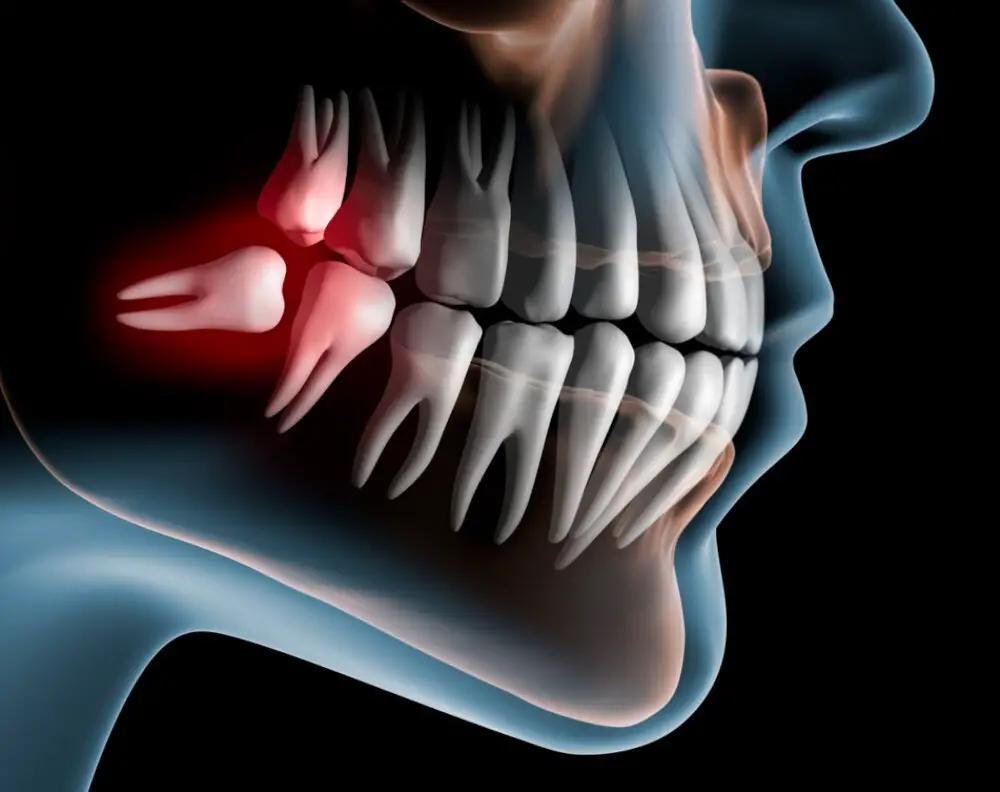
Affection and bonding are crucial aspects of the feline-human relationship, and they can manifest in various ways. One of the most common ways that cats show affection is through rubbing. When a cat rubs its body or head against you, it’s a sign that they’re comfortable with you and trust you. Rubbing helps cats create a familiar scent on their human, which helps them feel more secure and relaxed. Additionally, cats may use rubbing to mark their territory and show ownership over their humans. While some cats may be more affectionate than others, rubbing is a positive sign that your feline friend likes you. Bonding with your cat is essential for a healthy and happy relationship. Spending quality time with your cat, such as playing, grooming, or just cuddling, can deepen the bond between you and your feline friend. Additionally, providing your cat with a safe and comfortable environment, plenty of food and water, and regular veterinary care can help strengthen your bond. Remember that every cat is unique, and it may take some time to build trust and affection with your furry friend. However, with patience and love, you can create a strong and lasting bond with your cat that will benefit both of you for years to come.
Cats show affection in a variety of ways, from rubbing their heads against you to kneading their paws on your lap. One of the most common ways cats show affection is by rubbing their cheeks and bodies against their owners. This behavior is a way for cats to mark their territory with their scent and to show that they feel comfortable and safe around you. Cats also show affection through their purring, which is a sign of contentment and relaxation. Additionally, cats may bring you gifts, such as dead mice or birds, as a way to show their affection and to share their prey with you. Overall, cats have their own unique ways of expressing their love and affection, and it’s important for owners to understand and appreciate these behaviors.
Teeth rubbing is a unique feline behavior that is often misunderstood by cat owners. While it may seem odd and uncomfortable to humans, it is actually a form of bonding for cats. When cats rub their teeth on their owners, they are transferring their scent, which is a way of marking their territory and showing affection. The scent glands located in their mouths release a pheromone that is unique to each cat, and by rubbing their teeth on their owners, they are essentially leaving their mark and claiming them as their own. This behavior is especially common in cats who have a strong bond with their owners and is a way for them to reinforce that bond and show their love and loyalty.
Cats are known for their unique and sometimes quirky behaviors, and rubbing their teeth on their owners is just one of them. This behavior is often seen when cats are feeling happy and content, and they want to show affection towards their human companions. For instance, when a cat is relaxing on the couch or sitting on their owner’s lap, they may start rubbing their teeth on the person’s skin or clothing. This behavior is a way for cats to mark their territory and show love and affection. Additionally, cats may also rub their teeth on their toys or other objects as a way to claim them as their own. Overall, this behavior is a fascinating aspect of feline behavior, and it demonstrates the unique bond that cats and humans share.
Dental Issues
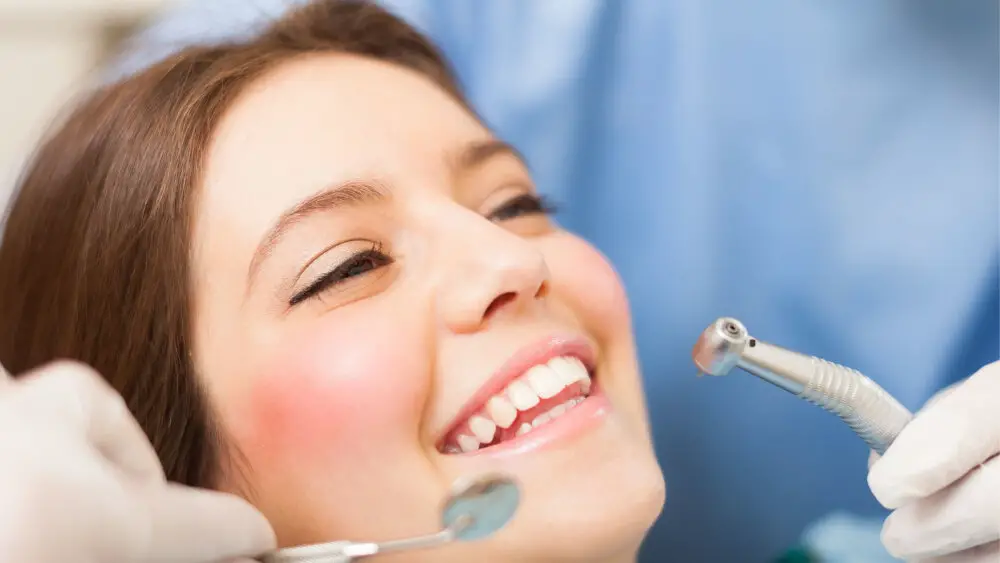
Dental issues are a common problem among cats and can cause a number of behavioral changes. If you notice your cat rubbing his teeth on you or other objects, it could be a sign of discomfort or pain in his mouth. Dental problems can range from mild issues like tartar buildup and gum inflammation to more serious conditions like abscesses and tooth decay. In some cases, dental problems can also lead to more systemic health issues like kidney disease, heart disease, and diabetes. It’s important to take your cat for regular dental checkups and cleanings to prevent these issues from occurring. If your cat is exhibiting dental issues, there are a number of things you can do to alleviate his discomfort. Providing him with soft, wet food can help ease pressure on his teeth and gums, while regular brushing and dental cleanings can help remove plaque and tartar buildup. In more serious cases, your veterinarian may recommend surgery or tooth extraction to address the problem. It’s important to take dental issues seriously and seek veterinary care as soon as possible to prevent further pain and discomfort for your cat. By understanding the signs and symptoms of dental problems in cats, you can help keep your feline friend healthy and happy for years to come.
Dental issues can cause teeth rubbing behavior in cats due to the discomfort and pain they may be experiencing. Cats will often rub their teeth on objects or surfaces to relieve the pain caused by dental problems, such as gum disease, tooth decay, or broken teeth. This behavior can also be a way for cats to clean their teeth, as they do not have hands to brush or floss like humans do. Additionally, dental issues can cause a buildup of tartar and plaque, which can lead to bad breath and further discomfort. It is important to regularly take your cat to the veterinarian for dental checkups and cleanings to prevent dental issues and ensure their overall health and well-being.
Cats, like humans, can also suffer from a variety of dental problems that can cause discomfort and pain. One of the most common issues is periodontal disease, which occurs when plaque and tartar build up on the teeth and gums, leading to inflammation, infection, and tooth loss. Another problem is tooth resorption, a condition where the body starts to dissolve the tooth, causing pain and eventually leading to tooth loss. Other dental issues that cats may experience include broken or fractured teeth, oral tumors, and gingivitis. It’s important to seek veterinary care if you suspect your cat is experiencing any dental problems, as early detection and treatment can help prevent further complications and improve their overall health and wellbeing.
Cats are notorious for hiding their pain and discomfort, making it difficult to identify dental issues. However, there are some telltale signs that your feline friend may be experiencing dental problems. Firstly, bad breath is a common indicator of dental issues, especially if it persists despite regular brushing. Additionally, cats with dental issues may have difficulty eating, and you may notice them dropping food or pawing at their mouths. In some cases, cats may even become more aggressive or irritable due to the pain caused by dental issues. If you notice any of these symptoms, it’s important to take your cat to the vet as soon as possible to prevent further discomfort or complications.
Training and Prevention
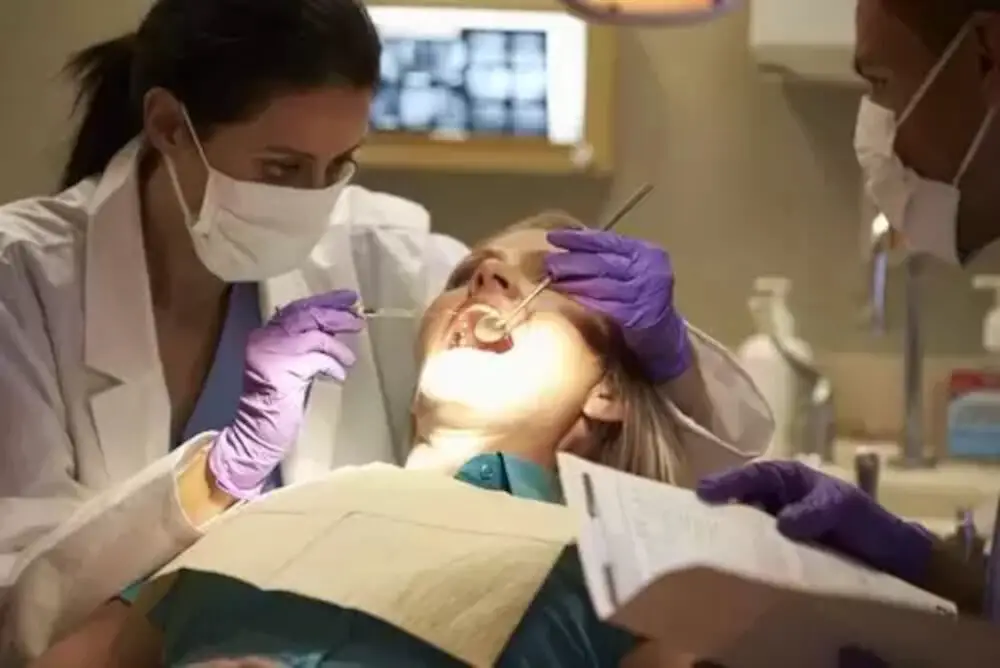
Training and prevention are key elements in managing the behavior of our feline friends. Often, we may find ourselves wondering why our cats exhibit certain behaviors, such as rubbing their teeth on us. Understanding the reasons behind these behaviors and using training techniques can help prevent unwanted behaviors in the future. One way to prevent unwanted behaviors is to provide appropriate outlets for our cats’ natural instincts. For example, providing scratching posts and toys can help satisfy a cat’s need to scratch and play, reducing the likelihood of destructive behavior. Another important aspect of prevention is proper training. Training can help cats learn appropriate behaviors and reduce the occurrence of unwanted behaviors. Positive reinforcement techniques, such as rewarding desired behaviors, can be used to encourage good behavior. For example, rewarding a cat for using their scratching post instead of the couch can help reinforce the desired behavior. Consistency is also key when training cats. Setting clear boundaries and consistently enforcing them can help cats learn what is expected of them. With patience, perseverance, and proper training, we can help our cats become well-behaved and happy members of our households.
Teeth rubbing behavior in cats can be quite unsettling for their owners, as it can cause scratches and even bruising. Fortunately, this behavior can be trained out of your cat with a few simple methods. Firstly, it’s important to provide your cat with plenty of chew toys and textured surfaces to rub their teeth against, as this will satisfy their urge to scratch. Additionally, you should discourage the behavior by gently pushing your cat’s head away when they try to rub their teeth on you and redirecting their attention to a toy or scratching post. Over time, your cat should learn that teeth rubbing behavior is not acceptable and will stop doing it altogether.
Teeth rubbing behavior in cats can be a sign of dental issues or simply a natural way to mark their territory. To avoid this behavior, preventative measures can be taken. One way is to provide your cat with appropriate dental care such as regular teeth cleaning and checkups. Additionally, providing your cat with toys and scratching posts can help redirect their need to mark their territory onto objects rather than people. Keeping your cat mentally stimulated and providing adequate exercise can also reduce teeth rubbing behavior. Finally, it is important to pay attention to your cat’s behavior and address any dental issues or underlying health problems that may be contributing to this behavior. By taking these preventative measures, you can help reduce teeth rubbing behavior and ensure your cat’s overall health and wellbeing.
When it comes to encouraging alternative behaviors in cats, there are several options to explore. One approach is to provide your cat with plenty of toys and scratching posts to redirect their energy towards. Additionally, training your cat with positive reinforcement techniques can be effective in encouraging desired behaviors such as using a litter box or not jumping on counters. Another option is to provide your cat with environmental enrichment, such as puzzle feeders or window perches, to stimulate their natural instincts and prevent boredom. Ultimately, finding the right approach will depend on your cat’s individual personality and needs, but with patience and consistency, you can help encourage positive behaviors and strengthen your bond with your feline friend.
In summary, cats may rub their teeth on their owners as a form of social grooming behavior, a way of marking territory, or a sign of affection. This behavior is natural and normal for felines, and it is important for cat owners to understand the underlying reasons behind it. Additionally, cats may also use their teeth rubbing as a way to communicate their needs or desires, such as wanting food or attention. Overall, by observing and understanding our cat’s behavior, we can better communicate and bond with our feline companions.
Addressing teeth rubbing behavior in cats is crucial for their dental and overall health. When cats rub their teeth on people or objects, they are actually marking their territory. However, this behavior can also indicate dental problems such as gum disease or tooth decay. If left untreated, these dental issues can lead to more serious health problems such as infections and even organ damage. Therefore, it is essential to take your cat to a veterinarian for regular dental checkups and to address any teeth rubbing behavior as soon as it arises. Additionally, providing toys and activities that encourage healthy chewing behavior can also help prevent dental issues and reduce the likelihood of teeth rubbing behavior.
In conclusion, understanding why your cat rubs their teeth on you can help strengthen your bond and promote a healthy relationship. This behavior is a natural way for cats to show affection and mark their territory. However, if your cat’s teeth rubbing behavior is accompanied by aggression or other negative behaviors, it may be a sign of an underlying issue that requires professional attention. As a responsible pet owner, it is important to provide your cat with proper dental care and plenty of opportunities to engage in positive behaviors. Encouraging playtime, providing stimulating toys, and setting aside dedicated bonding time can all help reinforce positive behaviors and strengthen your bond with your feline companion.
Conclusion

In conclusion, when cats rub their teeth on their owners, it is a sign of affection and trust. It is a behavior that is deeply rooted in their instinctive nature and is a way for them to mark their territory and bond with their human companions. While it may seem strange or even uncomfortable at times, it is important to understand that this behavior is a form of communication for cats and should be appreciated and respected. By understanding this feline behavior, we can deepen our relationships with our feline friends and provide them with the love and care they need to thrive.





